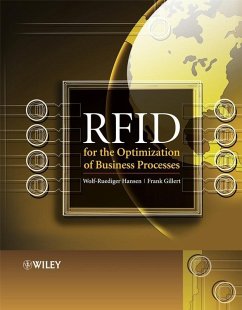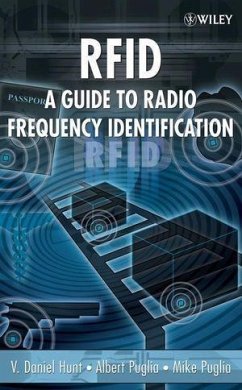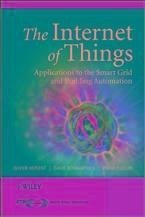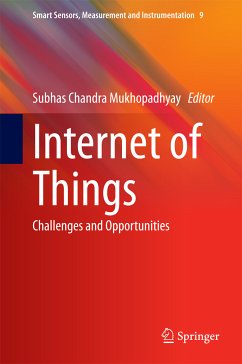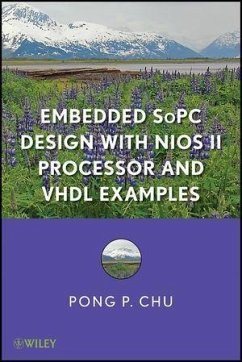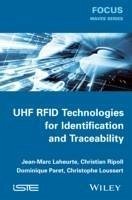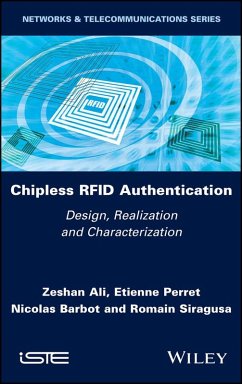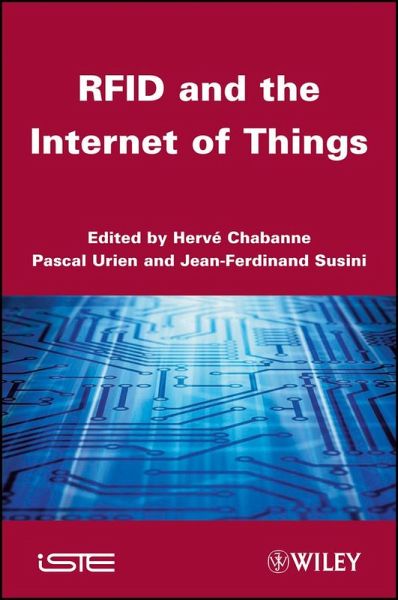
RFID and the Internet of Things (eBook, PDF)
Versandkostenfrei!
Sofort per Download lieferbar
139,99 €
inkl. MwSt.
Weitere Ausgaben:

PAYBACK Punkte
0 °P sammeln!
RFID (Radio Frequency Identification) technology allows for automatic identification of information contained in a tag by scanning and interrogation using radio frequency (RF) waves. An RFID tag contains an antenna and a microchip that allows it to transmit and receive. This technology is a possible alternative to the use of barcodes, which are frequently inadequate in the face of rapid growth in the scale and complexity of just-in-time inventory requirements, regional and international trade, and emerging new methods of trade based on it. Use of RFID tags will likely eventually become as wide...
RFID (Radio Frequency Identification) technology allows for automatic identification of information contained in a tag by scanning and interrogation using radio frequency (RF) waves. An RFID tag contains an antenna and a microchip that allows it to transmit and receive. This technology is a possible alternative to the use of barcodes, which are frequently inadequate in the face of rapid growth in the scale and complexity of just-in-time inventory requirements, regional and international trade, and emerging new methods of trade based on it. Use of RFID tags will likely eventually become as widespread as barcodes today. This book describes the technologies used for implementation of RFID: from hardware, communication protocols, cryptography, to applications (including electronic product codes, or EPC) and middleware. The five parts of this book will provide the reader with a detailed description of all the elements that make up a RFID system today, including hot topics such as the privacy concerns, and the Internet of Things.
Dieser Download kann aus rechtlichen Gründen nur mit Rechnungsadresse in D ausgeliefert werden.




